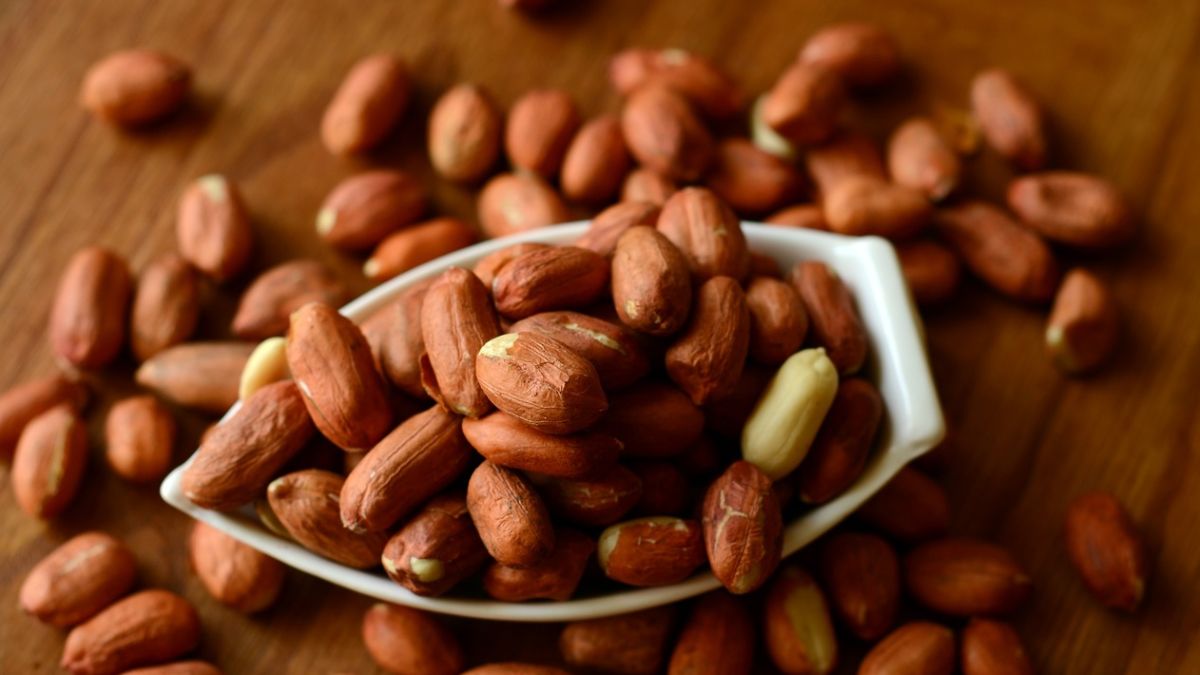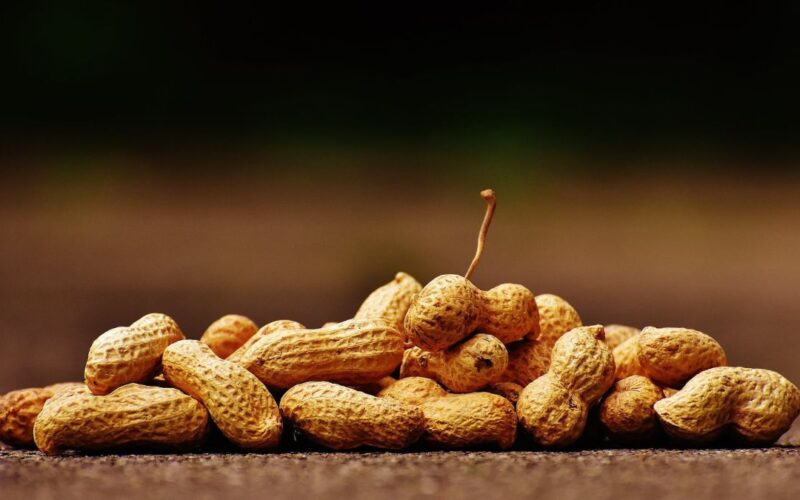Peanuts, often regarded as humble legumes, pack a punch when it comes to nutrition and versatility. While commonly associated with snacks and peanut butter, there’s much more to these crunchy delights than meets the eye. Delve into the fascinating world of peanuts as we uncover the top 10 facts about these nutritious legumes.
Nutritional Powerhouse
Despite their name, peanuts are not true nuts but belong to the legume family. Nevertheless, they boast an impressive nutritional profile, rich in protein, healthy fats, fiber, vitamins, and minerals. A serving of peanuts provides an ample dose of nutrients, including vitamin E, folate, magnesium, and phosphorus, making them a valuable addition to a balanced diet.
Health Benefits
Incorporating peanuts into your diet can confer numerous health benefits. Studies have linked peanut consumption to a reduced risk of cardiovascular disease, diabetes, and obesity. The monounsaturated and polyunsaturated fats found in peanuts contribute to heart health, while their fiber content promotes digestive regularity and satiety.
Cultivation
Peanuts thrive in warm climates with well-drained soil, making them a staple crop in regions such as the southern United States, China, India, and West Africa. Cultivating peanuts involves planting seeds directly into the ground, where they develop underground pods containing the edible nuts. Sustainable farming practices, including crop rotation and water conservation, are essential for maintaining peanut yields and environmental stewardship.

Historical Significance
Peanuts have a rich history dating back thousands of years, originating in South America and spreading to other parts of the world through trade and exploration. Indigenous peoples in South America cultivated and consumed peanuts long before the arrival of Europeans. Following their introduction to Africa and Asia, peanuts became integral to various cuisines and cultural traditions.
Allergen Concerns
While peanuts are a nutritious food for many, they can trigger severe allergic reactions in individuals with peanut allergies. Peanut allergies are among the most common food allergies worldwide and can cause life-threatening anaphylaxis. As a result, people with peanut allergies must exercise caution and carefully read food labels to avoid potential allergen exposure.
Culinary Versatility
Peanuts are incredibly versatile in the kitchen, lending their nutty flavor and crunchy texture to a wide range of dishes. From savory stir-fries and salads to decadent desserts and sauces, peanuts enhance both sweet and savory recipes. Peanut butter, a popular spread made from ground peanuts, is a pantry staple enjoyed by people of all ages around the world.
Environmental Impact
While peanuts offer numerous nutritional and culinary benefits, their cultivation can have environmental consequences if not managed sustainably. Intensive peanut farming practices, such as monoculture and excessive pesticide use, can degrade soil health, deplete water resources, and harm biodiversity. Embracing agroecological approaches and promoting organic farming can mitigate the environmental footprint of peanut production.

Peanut Butter Power
Peanut butter is not only delicious but also a convenient and nutritious source of protein and healthy fats. Whether spread on toast, drizzled over oatmeal, or blended into smoothies, peanut butter adds creamy goodness to countless dishes. Additionally, peanut butter serves as a key ingredient in baking, lending moisture and flavor to cookies, cakes, and energy bars.
Global Consumption
Peanuts are a dietary staple for millions of people worldwide, consumed in various forms across diverse cultures. In addition to being enjoyed as snacks and spreads, peanuts are used to produce oil, flour, and confectionery products. Their affordability, shelf-stability, and nutritional value make peanuts an accessible source of sustenance for people of all income levels.
Sustainability Initiatives
Recognizing the importance of sustainable agriculture, stakeholders across the peanut supply chain are implementing initiatives to promote environmental stewardship and social responsibility. From supporting smallholder farmers to investing in research and development, these efforts aim to ensure the long-term viability of peanut production while safeguarding the well-being of communities and ecosystems.
Peanuts are more than just a tasty snack; they represent a nexus of nutrition, culture, and sustainability. By understanding the facts about peanuts, we can appreciate their significance as a nutritious food source while advocating for responsible consumption and production practices. Whether enjoyed as a crunchy snack or creamy spread, peanuts continue to captivate taste buds and nourish bodies around the globe.










